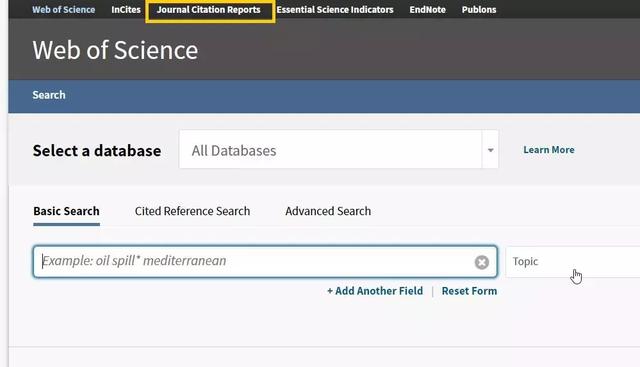H-index 又称为h指数或h因子(h-factor), 一名科研人员的h指数是指他至多有h篇论文分别被引用了至少h次。
例如,某人的h指数是20,表示他已发表的论文中,每篇被引用了至少20次的论文总共有20篇。
这是一种评价学术成就的新方法。一个人的h指数越高,则表明他的论文影响力越大。
但是 h指数就像某个期刊的影响因子一样,不适合用于跨学科的比较。
以下是查询某个学者的h-index的3种方法:
1. web of science


2. scopus


3. google scholar

----------------------------------------------------------
This is the English version:
H-index, also known as h-factor.
One's h-index is x means that at most x of all his or her papers are cited at least x times.
For example, Andy has an h-index of 20 means that among all his published papers, there are 20 papers cited at least 20 times.
It is a way to evaluate one's academic achievement. An higher h-index means the greater effect of papers.
However, just similar with the impact factor of journals, it is not suitable for cross-disciplinary comparison.
Here are three ways to search the researchers' h-index below:
1. web of science


2. scopus


3. google scholar







